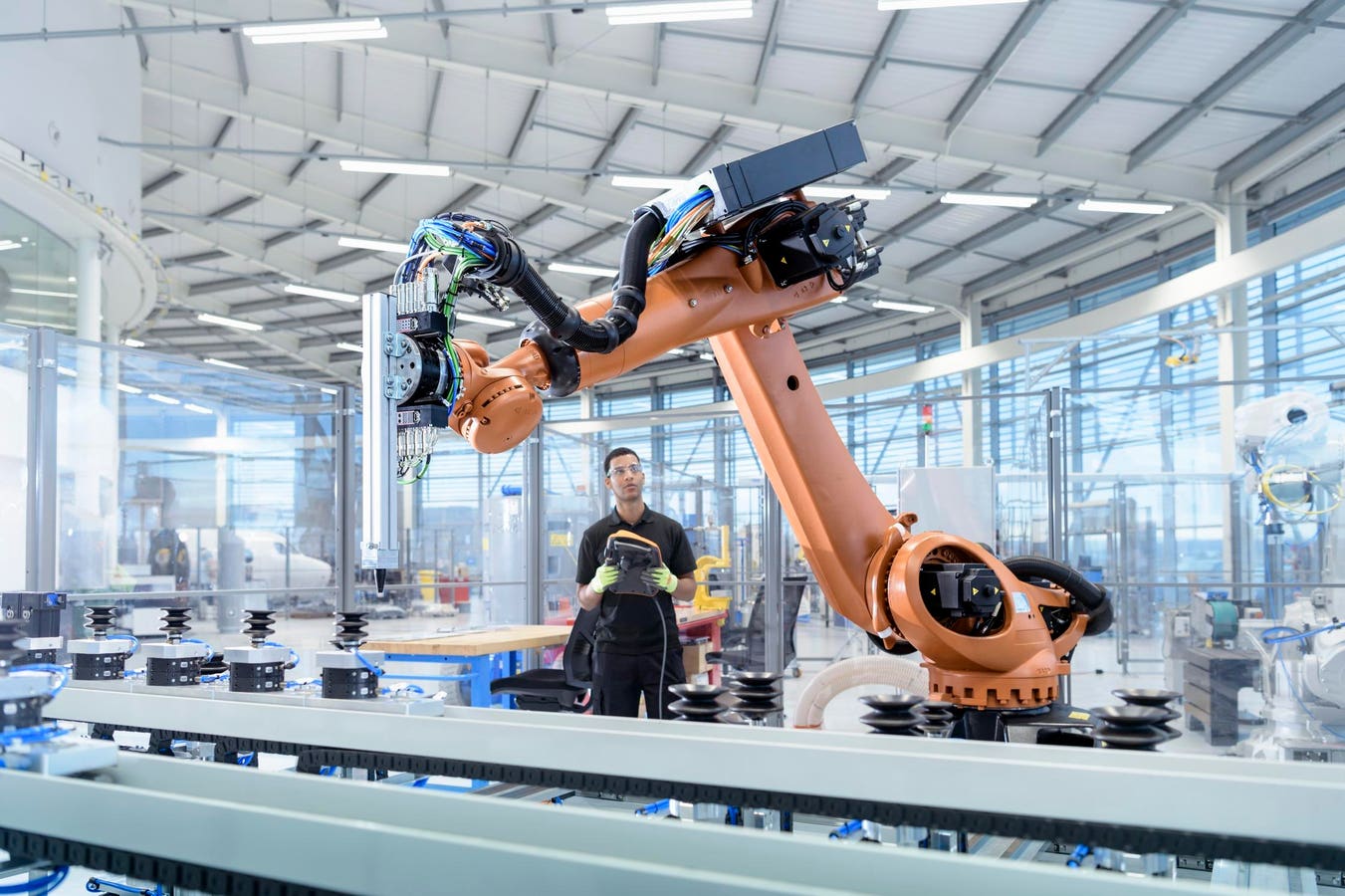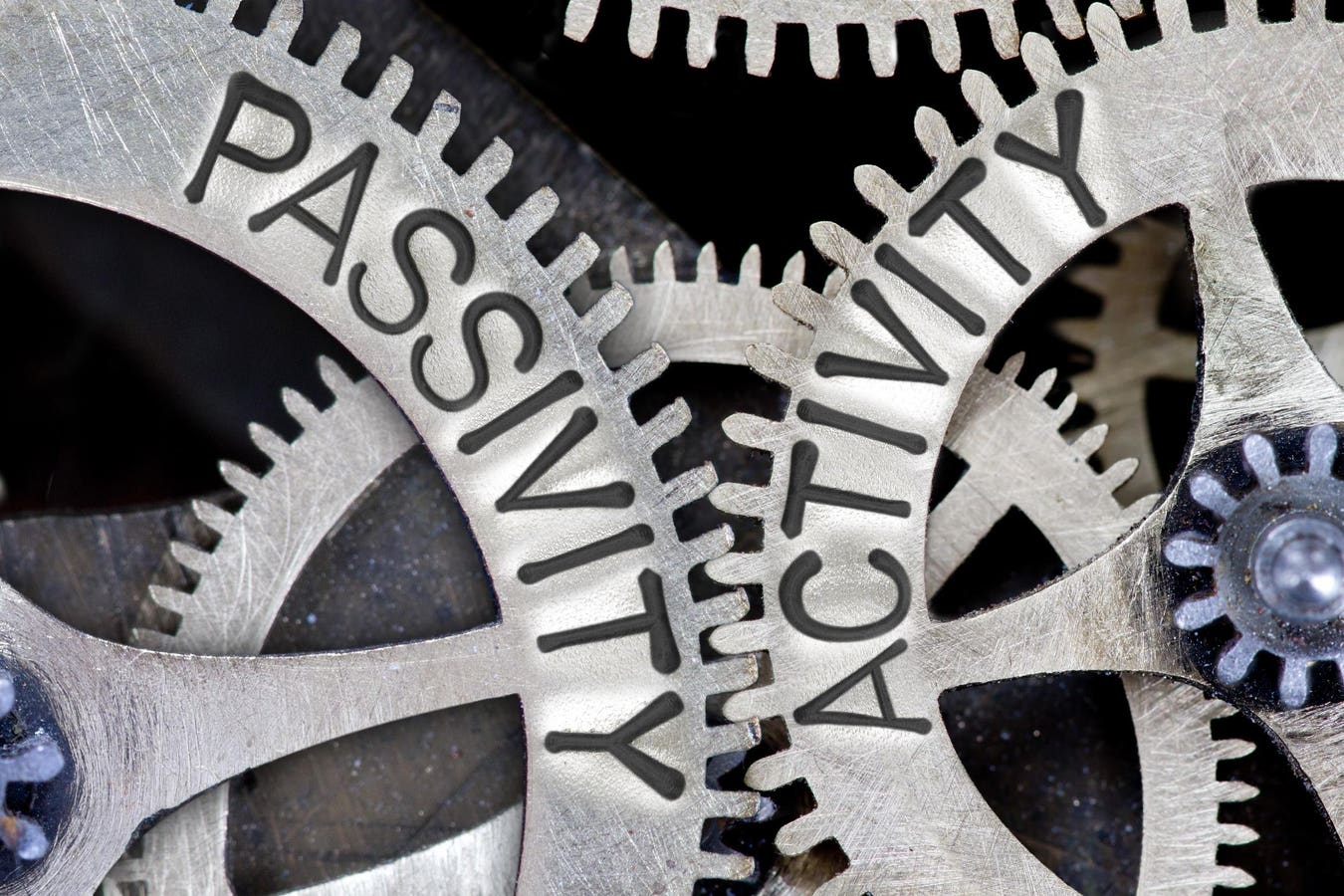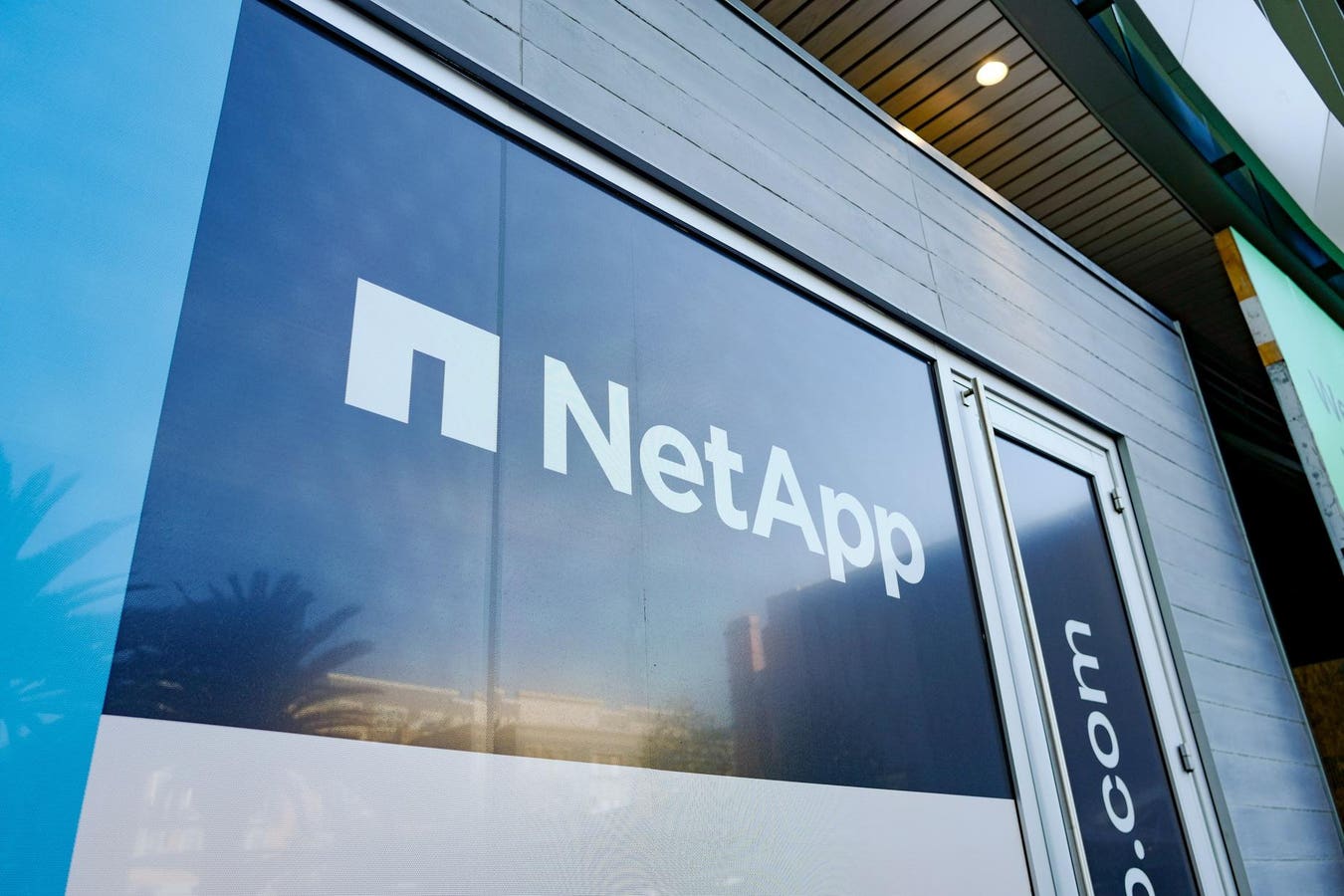Why Blockchain Is Needed Now That AI Is Predicted To Kill The Internet
getty
The time is coming when most people will not believe anything that lands in their inbox or shows up in a social feed. That is why some experts are warning AI could kill the Internet. I have always liked listening to Neil deGrasse Tyson because he can take something complex and make it feel easy to understand. Some of his predictions feel so far away they are less disturbing, like when he talks about the Earth and Sun being destroyed millions of years from now. His comment that AI could be the “nail in the coffin” for the Internet is different. That is close enough to impact business in the near future. Think about how Tom Cruise imitators who look so much like him, or those obvious fake videos of world leaders dancing together that everyone knows are a joke. When the imitation is obvious, it can be entertaining. When it is not, that is when it becomes a problem. If customers cannot tell what is real online, the way companies market, sell, and communicate will have to change immediately. Blockchain could become the only way to prove a person or company is real and that their message is authentic.
Why Blockchain Could Take Over If Online Trust Disappears
getty
Why Blockchain Could Take Over If Online Trust Disappears
For many people, blockchain still means cryptocurrency. In my conversation with Wolfgang Koester, who has decades of experience in currency markets, he explained how blockchain’s real potential is much broader. Blockchain is simply a secure, transparent way to prove that something is genuine, whether it is a payment, a contract, or a message.
If people stop trusting what they see online, they will stop opening emails, clicking ads, and buying from websites. Scams will blend in so well that they are impossible to spot. Blockchain can fix that by creating a permanent record that cannot be changed without detection. That kind of certainty will be essential before anyone buys, subscribes, or signs up for anything online.
How Marketing Would Change With Blockchain
getty
How Marketing Would Change With Blockchain
If AI-generated fakes take over, blockchain-backed marketing will not be optional. Imagine an ad with a QR code that lets someone confirm in seconds that it came from the actual brand. Influencers will need to link every post to a verified identity, which will remove fake accounts and deepfakes from the picture.
Brands may also move their communities into smaller, verified networks where every member is authenticated. Loyalty programs could be stored in blockchain-secured digital wallets so customers know their rewards and discounts are real.
How Buying Would Change With Blockchain
getty
How Buying Would Change With Blockchain
Right now, buying online depends on trust. People trust the site, the seller, and the payment processor. AI can create perfect copies of all three, making it nearly impossible to know if a purchase is safe. Blockchain marketplaces would ensure every product listing, payment, and delivery confirmation is verified and recorded permanently.
Only verified brands could sell products, and reviews would be tied to verified buyers. Payments would confirm both sides of the transaction in real time.
The Companies Building Blockchain And Verification Technology
getty
The Companies Building Blockchain And Verification Technology
There is a small group of companies already working on this. One of them could easily become the next Amazon or Google. They are building the foundation for a verified Internet, and if they succeed, every business and individual will depend on them.
Humanity Protocol, valued at over a billion dollars, uses palm scans to confirm identity so impersonation becomes almost impossible. Proof of Humanity combines video verification with community vouching to create permanent identity records that could eliminate bot-driven social media accounts. Safe.press is a coalition of news organizations that uses blockchain to certify the authenticity of articles and press releases. The New York Times has experimented with verifying photo metadata to slow the spread of misinformation. If any one company becomes the go-to source for verifying every message, document, and transaction, it could control the trust layer of the Internet, which is trillion-dollar territory.
When Blockchain Could Go Mainstream
getty
When Blockchain Could Go Mainstream
I wrote about QR codes almost 20 years ago when few people cared. Then the pandemic made them essential, and suddenly they were everywhere. Blockchain verification could follow that same pattern. If AI-driven misinformation keeps growing, blockchain could be the norm in five to seven years. That timeline could shrink if a massive fraud wipes out public confidence in the Internet.
What It Could Cost To Deal With A Blockchain Future And Why To Start Now
getty
What It Could Cost To Deal With A Blockchain Future And Why To Start Now
Costs will vary widely. A smaller business might be able to integrate blockchain verification for tens of thousands of dollars. Larger companies could spend millions to update marketing systems, e-commerce sites, and customer databases. Waiting until the crisis hits will drive costs even higher because everyone will be trying to get it done at the same time.
Testing blockchain tools now, within the next year or two, gives time to adapt, train employees, and help customers get used to verification before it becomes urgent.
What HR Leaders And Consultants Should Be Doing To Prepare For Blockchain
getty
What HR Leaders And Consultants Should Be Doing To Prepare For Blockchain
HR leaders and consultants will need to prepare entire workforces for blockchain-based verification. This starts by explaining why it matters and linking it to brand reputation, recruiting, and customer trust. Employees need to understand the risks of deepfakes, impersonation scams, and AI-generated misinformation.
Consultants can help identify the areas most vulnerable if trust in digital communication collapses. That might include hiring processes where AI could fake résumés or interviews, or ensuring onboarding and training materials come from verified sources. HR can also test adding verification tags to job postings, candidate communications, and internal announcements.
Building partnerships with blockchain identity and security providers right now makes sense. Running a small pilot in one or two areas, such as recruiting or internal communications, will make the transition easier when verification becomes standard.
The Future Of A Blockchain-Verified Internet
getty
The Future Of A Blockchain-Verified Internet
Neil deGrasse Tyson’s warning should make every organization think about how to maintain credibility in a world where seeing is no longer believing. Blockchain offers a path to rebuilding trust, but it will change how marketing, sales, and customer relationships work. Companies that prepare now by finding the right partners, training teams, and helping customers get used to verification will be the ones people turn to when authenticity becomes the most valuable currency on the Internet.









